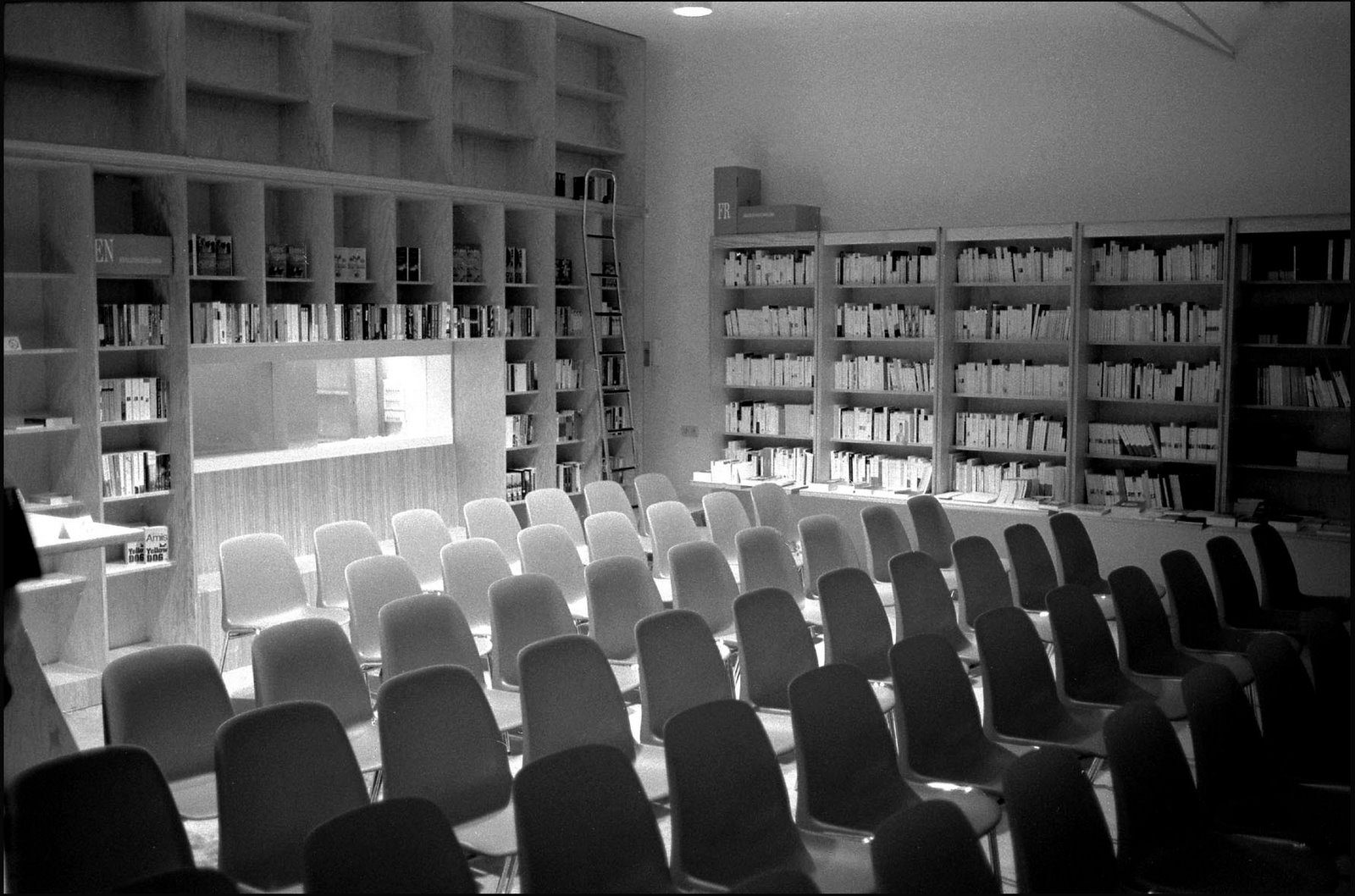
Writer in residence Neel Mukherjee is staying in Passa Porta’s writer’s flat. He blogs weekly on this experience, the texts are posted on the website of project partner the British Council and of host Het beschrijf.
Blog #2
I grow scented-leaf pelargoniums indoors, where they seem all right enough, becoming spindly and straggly and bolting for a bit before curling down like a creeper which cannot keep up the fight against gravity any longer. They look sparsely frothing, if weak and amorphous and a bit spineless, Victorian maidens in a particularly effete Pre-Raphaelite painting; their leaves are pale and they never flower. I have seen the same plants in a friend’s garden outdoors – in fact, mine are from cuttings given by him – and they are dense, sturdy, rudely flourishing, ascending bushes that flower regularly. Well, the Passa Porta writer’s apartment is that outdoors garden for my writing. I didn’t understand before coming here that sometimes you need to be liberated from the routine practices of your own life in order to discover how much or how comparatively easily you can write when transplanted to a different soil.
I remember reading somewhere, many years ago, that Graham Greene wrote 500 words every day before lunch before hitting the whisky bottle. I was clearly at an impressionable age then so I decided to make that writing-routine (not the whisky from noon) my model; 500 words every day, not necessarily by lunchtime, just to make things easier. Easy enough, you would think. I hadn’t accounted for what I can only call life-creep, the way bits and pieces from your life begin to edge their way, mostly unnoticed, into the seemingly-insulated domain of the writing of those 500 words. A phone call that you grasp at, like a drowning man a piece of wood, and continue chatting for an hour because the call has arrived at a sticky point in the writing and saved you from making tough decisions or from a spot of difficult thinking. Travelling into town to do ‘quick’ lunch with a friend, thereby cutting up the entire day. Grocery-shopping. Cruising cookery websites to get ideas for supper. Reading seven newspapers online and refreshing those pages every fifteen minutes. Brushing the cat because it looks a bit ungroomed. Washing-up from last night. They sound like clichés but have you ever thought that clichés are clichés because they are, on a very fundamental level, true?
The transplantation changes the game. First of all, there’s a moral imperative going: these kind and generous people have given me a gift and it is up to me to use it properly or to waste it. Which road am I going to take? Then there is the commitment to your own work: don’t you love it enough to want to do the right thing by it? To think carefully about it, to write it with the care and attention and concentration it deserves, to finish it on time? Being in a context other than your quotidian life shines a clearer light on to these questions because you are in a place where you don’t know anyone and no one knows you and you can’t use that ‘lunch with a friend’ as a displacement activity any longer. The pattern of things changes; you have, essentially, been given a holiday from your own life and the opportunity for 6 weeks to remake it as something different altogether. You simply cannot use that hoary old excuse, ‘There are other pressing things eating into my writing time’, any more. A writer recently advised rookies wanting to join the game, ‘Don’t hoover. Don’t wash the dishes. Starve your children. Stop exercising the dog.’ None of these distractions, duties or constraints here, only that extraordinary gift, of time, of seemingly limitless time and freedom. What are you going to do?

No comments:
Post a Comment